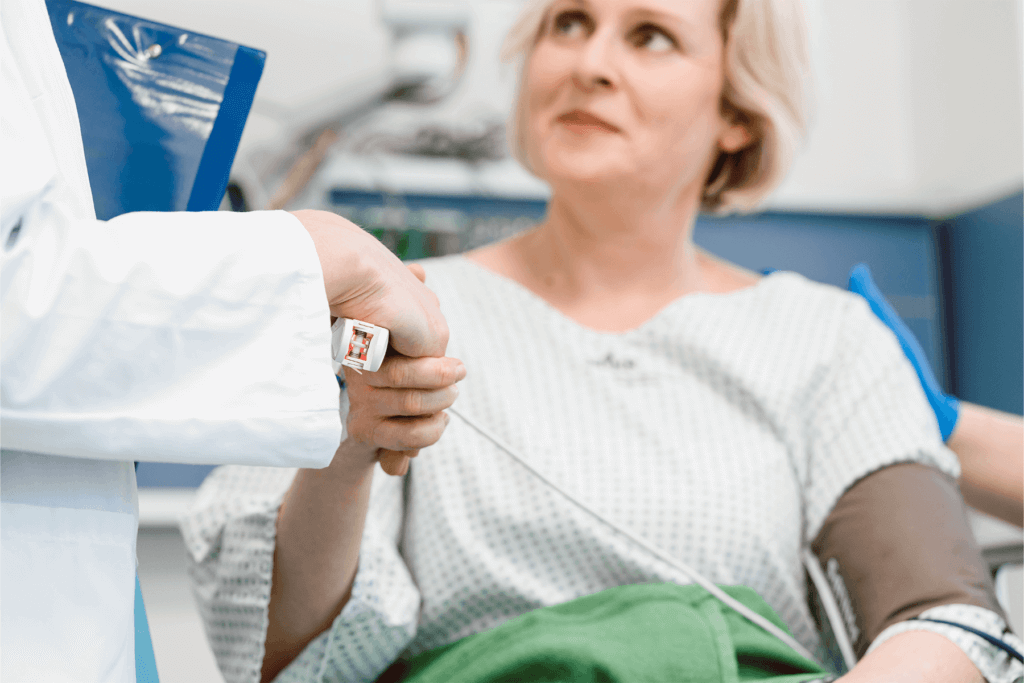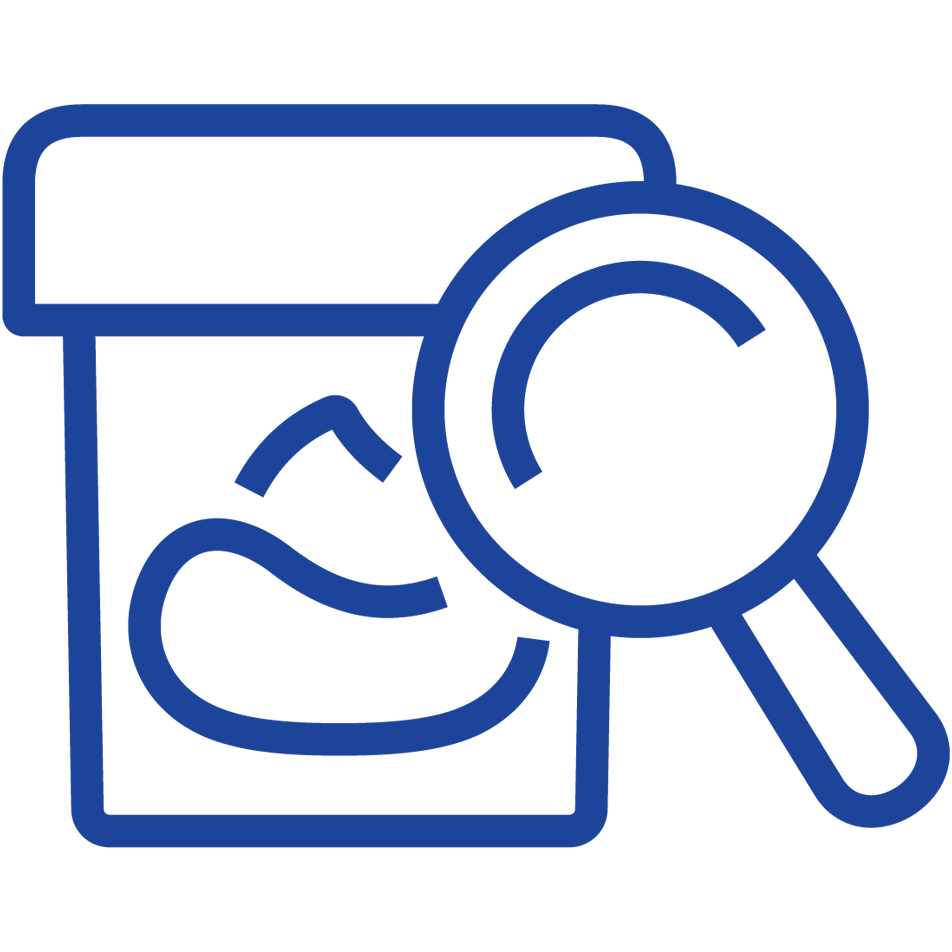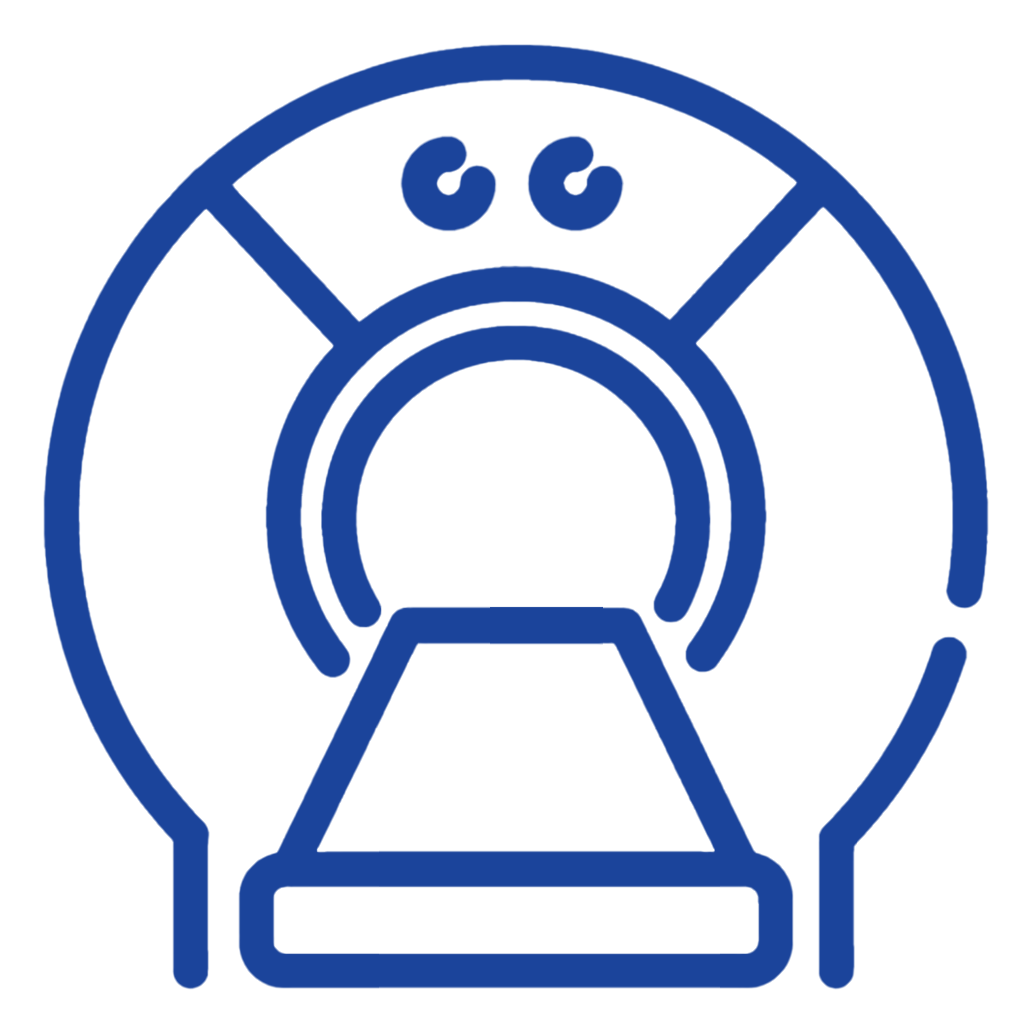Five Myths About Colonoscopies

Are you worried about your first colonoscopy? Don’t be. Screening for colorectal cancer by having a colonoscopy is easy, it’s generally covered by insurance, and it’s not painful to have done. Below we address some of the common myths that give the “gold standard” of colorectal cancer screenings a bad name.
Myth #1: Colonoscopies are Only for Old People
Colorectal cancer is on the rise for younger people—so much so that in 2021, the American Cancer Society lowered the recommended testing age to begin at age 45 instead of 50 for people with an average risk. If you’re younger than 45 and have an increased risk of colorectal cancer, you may need earlier screening and/or additional testing.
All adults need to take colorectal cancer seriously. For Americans under age 50, colorectal cancer is the #1 cause of cancer death in men and #2 in women, and the numbers are only expected to rise.
Myth #2: Colonoscopy Prep is Horrible
You may have heard complaints about the preparation process of cleaning out your colon, aka bowel prep. Prep usually begins 24-48 hours prior to your procedure and requires you to take a laxative medication and drink a clear liquid diet. While prep is inconvenient and somewhat unpleasant, the prep medication options are now a heck of a lot better than they used to be.
Bowel Prep Medication Options
Between 20-25% of all colonoscopies don’t have adequate bowel preparation. As a result, more bowel prep options have been developed for patients who have trouble tolerating large volumes of liquid laxatives. Patients should talk to their GI about their concerns and if any of these newer options may work for them:
- Powder formulas with additional flavor options
- Low-volume doses
- Split-dose regimens
- Tablets
All in all, prep is a small price to pay for never having to deal with colon cancer. Don’t sell yourself short by skimping on your prep.
Myth #3: The Colonoscopy Procedure is Uncomfortable
During most colonoscopies, the patient is put under sedation. From the patient’s perspective, the procedure is just a nap. You won’t feel uncomfortable because you won’t be feeling much of anything! Many people find the procedure to be the easiest part of the process. Couldn’t we all use a good nap?
Myth #4: Colonoscopy is the Only Way to Screen for Colorectal Cancer
If you are apprehensive about getting a colonoscopy, you don’t have to get one. While a colonoscopy is considered the best way to screen for colorectal cancer, there are other ways to screen for it. When you come to Singing River Digestive Health, you’ll do a medical interview that includes your risk factors and family history, and your doctor will provide you with options for a screening regimen.
Other ways to screen for colorectal cancer without a colonoscopy include:
Flexible Sigmoidoscopy

This test involves using a flexible tube to examine the lower part of the colon.
A sigmoidoscopy is less invasive, faster to complete, and has lower risk of complications. Sedation is usually not required, either, so you can drive yourself home!
Blood Testing

Blood tests can detect certain biomarkers associated with colorectal cancer, such as carcinoembryonic antigen (CEA).
The blood test can also detect any liver dysfunction, and your complete blood count (CBC) can help determine if you’re anemic.
Stool Testing

There are three types of stool tests (FIT, gFOBT, and stool DNA) approved for colorectal cancer screening. You can collect your stool sample at home using a kit and bring it to the doctor.
These tests detect the presence of blood or abnormal DNA, which may indicate polyps or colorectal cancer.
CT-Based Screening

Also known as a “virtual colonoscopy,” this screening uses CT scans to create detailed images of the colon.
While less invasive than a traditional colonoscopy, the test still requires bowel prep. If polyps are found, a follow-up colonoscopy is needed to remove them.
Myth #5: Colonoscopies are Only Necessary if You Have Symptoms
When it comes to health issues, some problems make a lot of noise. But others, like colorectal cancer, prefer to stay quiet—until they become a serious concern. Colon cancer is often referred to as a silent killer because it can develop without any noticeable symptoms during the initial stages.
Colonoscopies prevent cancer by removing pre-cancerous polyps before they even have the chance to develop into cancer. Because, while colorectal cancer is a silent killer, with proper screening, it is also one of the most preventable cancers.
Get Screened for Colorectal Cancer
Talk to your family and friends about their risk for colorectal cancer and encourage them to make an appointment with a gastroenterologist to begin the process.
Colonoscopies are offered in our state-of-the-art endoscopy suites located in Ocean Springs Hospital and Singing River Gulfport Hospital. Ask your primary care provider about getting screened for colorectal cancer or make an appointment with a gastroenterologist:



